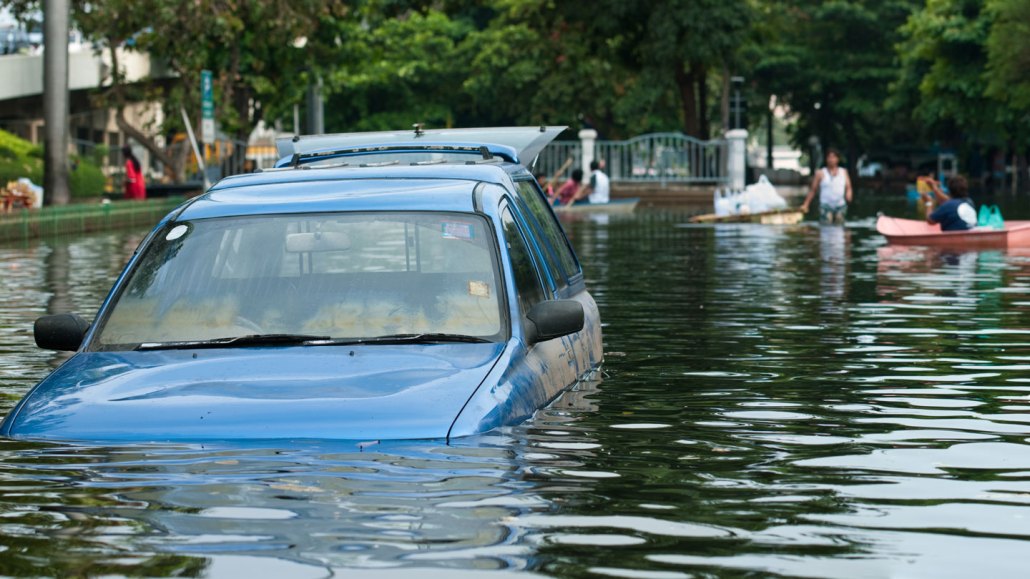Questions for ‘Warming cities may see more rain — and frequent flooding’

Cities build systems to take away excess water when it rains. But as urban areas get hotter — and wetter — those systems are more likely to fail.
gdagys/E+/Getty Images Plus

Cities build systems to take away excess water when it rains. But as urban areas get hotter — and wetter — those systems are more likely to fail.
gdagys/E+/Getty Images Plus